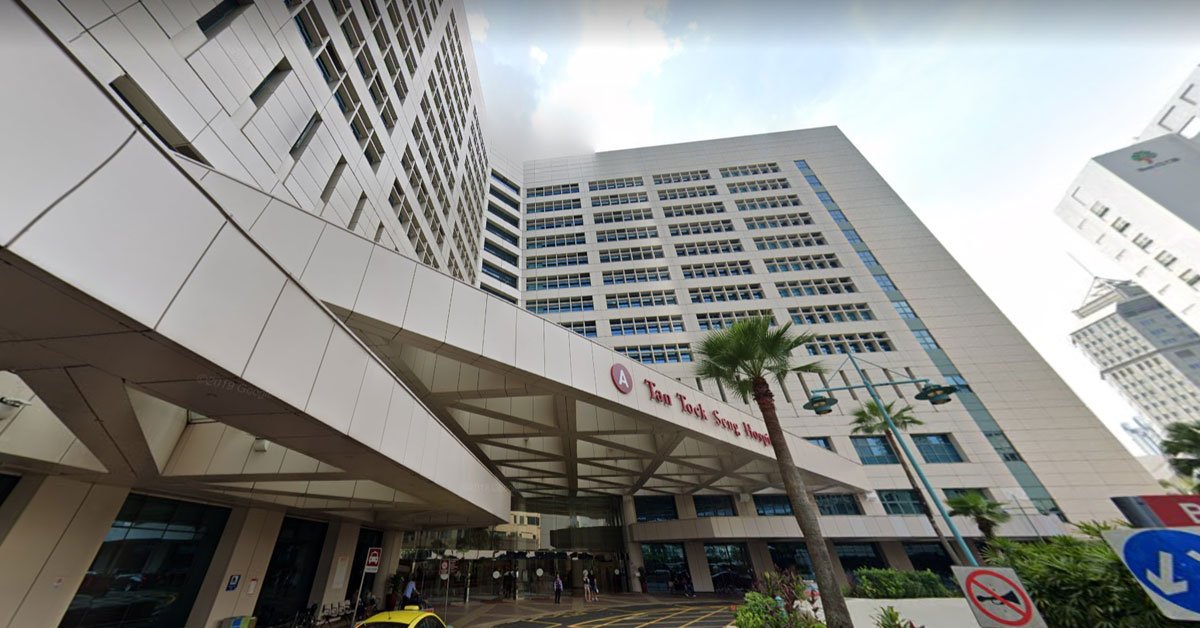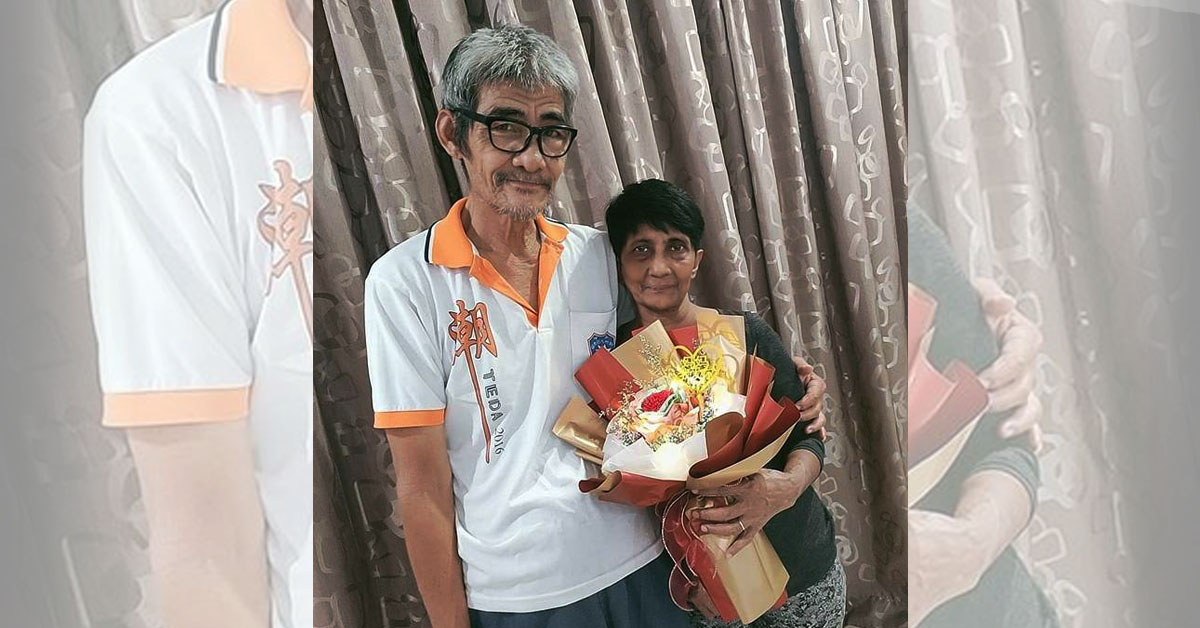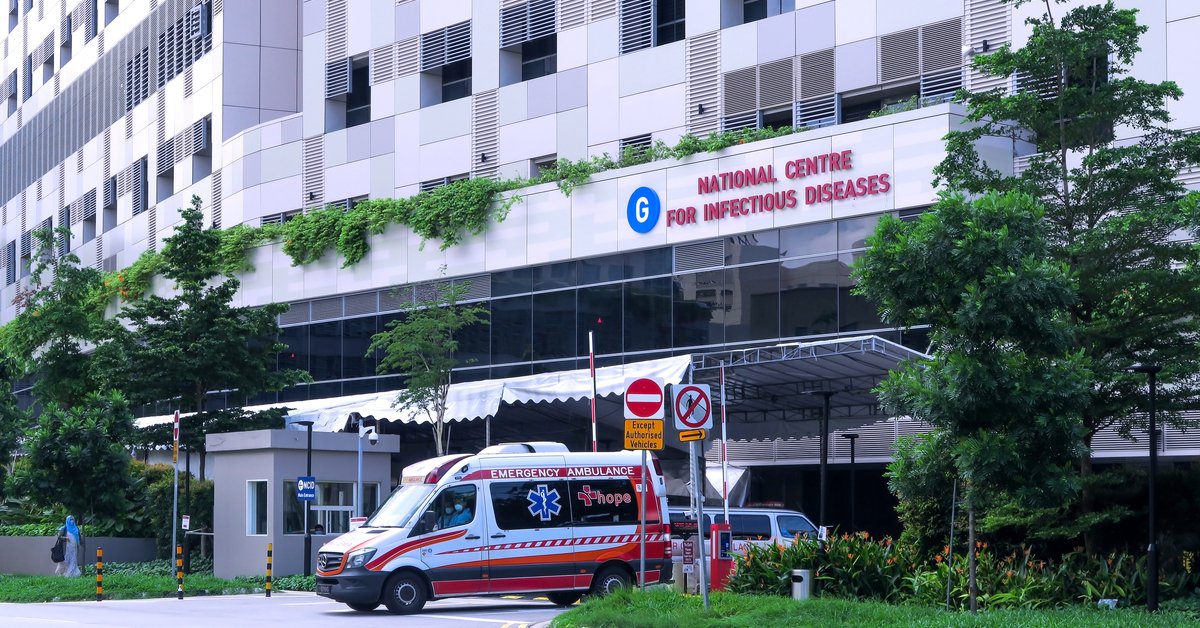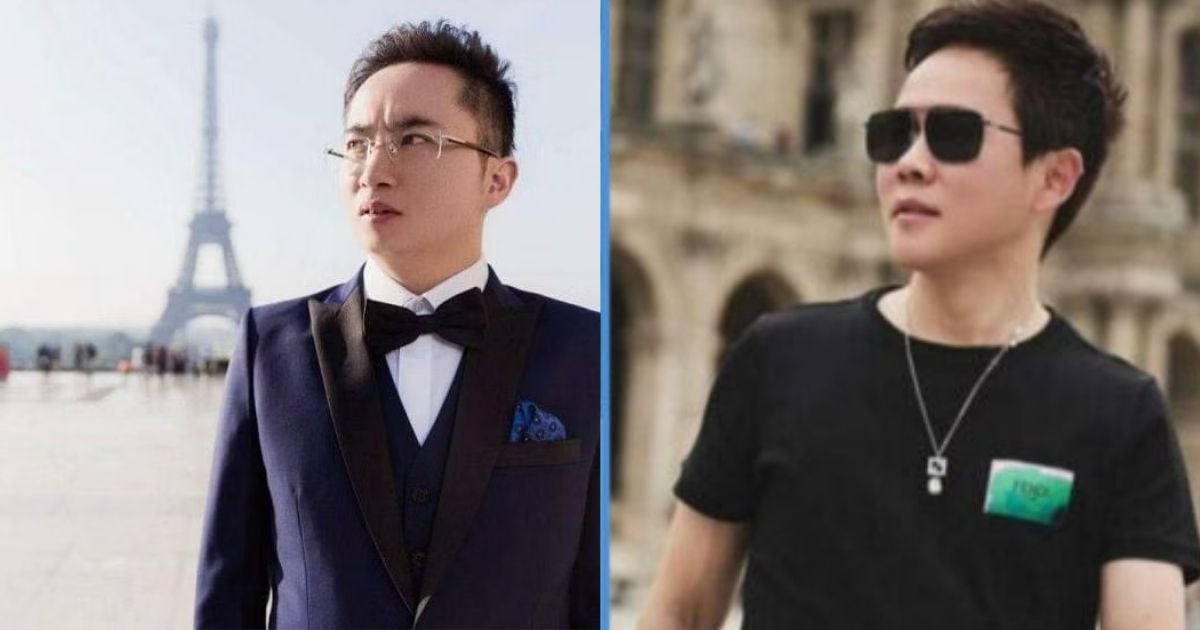Mr Chia Soo Kiang, who sued Tan Tock Seng Hospital (TTSH) and three doctors for alleged negligence that led to his 74-year-old mother’s death, had his case dismissed by the High Court.
He sought for $800,000, but he got nothing in the end.
We offer our condolences for his late mother.
… But it is undeniable that Mr Chia lost his court case rather badly.
In the verdict, Justice Choo Han Teck said that the litigant’s allegations against the defendants were “woefully short of evidence”, and that they were systematically refuted by not just the attending doctors and nurses, but also the expert witnesses brought forward by the defence.
In simpler words, the judge was saying that Mr Chia’s argument was not substantial and untenable.
What Happened?
Madam Tan Yaw Lan was admitted to TTSH on 20 April 2018, after she was brought to the emergency department with a fever.
The 74-year-old woman had a few pre-existing medical conditions, namely diabetes, hypertension (high blood pressure), chronic heart disease and chronic kidney disease.
On the fourth day of her stay, her heart stopped while she was in the shower, assisted by a nursing intern.
She passed away three weeks later on 13 May 2018, without regaining consciousness.
Hence, her 47-year-old son who works under the National Library Board, filed a lawsuit against the hospital for their alleged negligence.
He put forward three arguments:
- The doctors had failed to diagnose his mother correctly with an acute heart attack during her initial admission. As such, she was not properly referred to a cardiologist.
- The hospital staff went against the family’s instructions and let Madam Tan shower, and they were too slow in their resuscitation efforts.
- The defendants had withheld Madam Tan’s usual medication for her existing ailments for the first two days. It includes aspirin, furosemide and losartan.
The Defence
In response, the defendants and their experts asserted that Madam Tan had been correctly diagnosed as having sepsis from an unknown source.
Sepsis is a life-threatening reaction to an infection, whereby the immune system overreacts to an infection and starts to damage the body’s tissues and organs. Sometimes, the condition is called blood poisoning.
One of the defendants’ experts, Dr Yeo Khung Keong from the National Heart Centre, also posited that a heart attack would not have been the only possible cause of Madam Tan’s death.
He proceeded to cite Madam Tan’s entire clinical history, from electrocardiograms (ECGs) to various laboratory results, which did not indicate that she had an acute heart attack.
Dr Yeo added that another possible reason for cardiac arrest would be a blood clot in the lung.
However, there is no definitive cause of death for Madam Tan’s case, because her family declined to have an autopsy performed.
This move sounds counterintuitive, but okay.
Having said that, the judge accepted the defendant’s evidence against Mr Chia’s first point of argument.
Justice Choo then noted that TTSH doctors were correct to focus on treating the patient’s sepsis.
This is supposed by Madam Tan’s visible recovery, as she was able to sit, have her breakfast, talk to the nurses, and walk unassisted to the shower room by 23 April.
The judge also stressed that cardiac arrests are unpredictable; even if Madam Tan had collapsed because of a heart attack, it could have happened anywhere in the hospital.
Then in reference to the expert evidence provided by Dr Eric Chong, a cardiologist in private practice, Justice Choo remarked that Dr Choo’s evidence was “perplexing” as Madam Tan did not show the usual symptoms of a heart attack—such as chest pains, shortness of breath, or significant changes to her ECG readings.
As for her usual medication, Justice Choo said it was temporarily stopped to “avert acute complications” and would have been reinstated if the situation called for it.
He added that the claim that TTSH was negligent in allowing a medically untrained person to handle Madam Tan was groundless.
First off, assisting a patient in a shower does not require any specialised skills. Secondly, a nursing intern does have medical knowledge, they just lack hands-on experience which is accumulated with time.
Lastly, when Mr Chia argued that efforts to resuscitate Madam Tan should have commenced immediately instead of moving her back to her bed first, the judge simply said that the hospital took the logical course of actions.
Justice Choo noted that the shower room was right next to Madam Tan’s bed, which was connected to the resuscitation equipment. He also pointed out that the shower room floor was wet.
Although the High Court judge didn’t say this outright, having electrical equipment that sends out electric shocks to restore the normal heart function near water sounds like a horrible idea.
If you have ever taken an emergency first-aid class, you will know that one of the precautions to take before using an Automated External Defibrillator (AED) is ensuring that the patient is not in contact with water.
In fact, the victim’s chest needs to be dry before the AED can be used.
Therefore, Justice Choo concluded that the defence lawyer Mr Clarence Lun has only made assumptions without producing any substantial evidence.
The judge said, “Mr Lun produced no evidence, only an assumption on his part, that the brief period that Madam Tan was in a coma and suffered brain and spinal injuries was the result of the acts of the defendants. The law requires evidence, not assumptions.”
Featured Image: Google Maps



